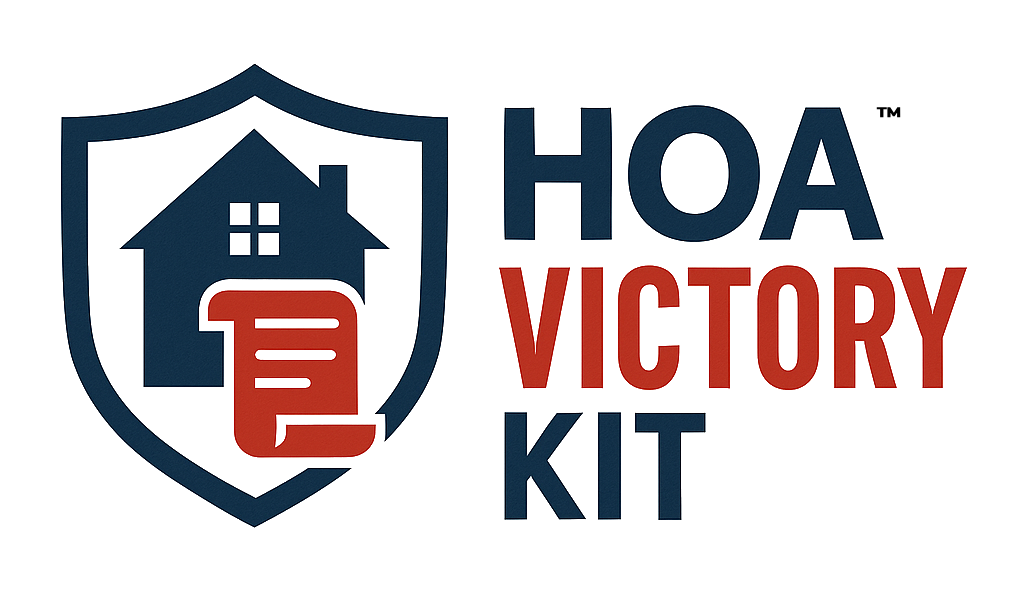Across California, thousands of homeowners are being hit with massive special assessments for balcony and deck repairs, sometimes totaling millions across an HOA community. While safety is important, many boards are using new inspection laws as justification for excessive, rushed, or poorly managed repair projects that leave homeowners footing the bill.
If you’ve received notice of an upcoming balcony or deck repair assessment, here’s what you should know before you pay.
The Balcony Inspection Bill: A Safety Law Turned Financial Burden
In 2015, tragedy struck in Berkeley, California, when a balcony collapse killed six college students and injured seven others. In response, the state passed SB 326, also known as the Balcony Inspection Bill, to ensure that similar disasters would never happen again.
California’s Senate Bill 326 (SB 326), Balcony Inspection Bill, was passed with good intentions: to protect lives and prevent structural failures in decks, balconies, and other elevated walkways. The law requires HOAs to conduct professional inspections every nine years to ensure safety and structural integrity.
But in practice, many homeowners have seen this law twisted into a financial burden. Instead of reasonable maintenance plans and transparent communication, some associations have used SB 326 as justification for massive special assessments, often reaching into the hundreds of thousands, or even millions of dollars.
Across California, residents report rushed votes, vague repair estimates, and little to no financial transparency. What should have been a straightforward safety inspection has, for many communities, turned into financial chaos.
If your HOA recently announced a “mandatory SB 326 assessment,” you’re not alone, and you have rights. Homeowners are entitled to clear financial disclosures, competitive repair bids, and genuine participation in the decision-making process.
The Hidden Issue: Lack of Transparency
Homeowners are often given little detail about how costs were calculated or whether multiple bids were obtained. In some cases, boards have approved multimillion-dollar projects without sufficient competitive quotes or owner votes.
Transparency isn’t optional, it’s required, but too many boards are relying on fear and urgency to rush decisions through.
The Financial Fallout for Homeowners
For many, these assessments are financially devastating. Homeowners are being asked to pay anywhere from $10,000 to $40,000, sometimes within weeks. Retirees and fixed-income families are left scrambling, and communities are being torn apart by disputes over how repairs are handled.
You Have Rights and Options
You don’t have to accept whatever your HOA board decides. California law gives homeowners the right to review financial records, project documents, and reserve studies that justify such assessments. If something doesn’t add up, you have every right to ask questions and to challenge decisions made without proper process.
Protecting Your Investment
Balcony and deck repairs should protect your property value, not destroy your financial stability. The best communities find ways to ensure safety while maintaining transparency and fairness for homeowners.
Balcony safety is essential, lives depend on it, but safety and financial responsibility can coexist.
If your board uses SB 326 as a blank check, don’t accept it. Demand the same accountability you would expect from any business handling millions in homeowner funds.
When residents unite, informed, organized, and equipped, they win.
Protect your investment, protect your home, and remember: you have more power than your HOA wants you to believe.
If your HOA is demanding a massive balcony or deck repair payment, don’t rush to pay. Learn how to challenge unfair assessments, restore transparency, and hold boards accountable with the HOA Victory Kit.
Disclaimer (California Residents Only)
This article is intended for educational purposes only and applies specifically to California homeowners and HOA communities.
It is not legal advice and does not create an attorney-client relationship.
